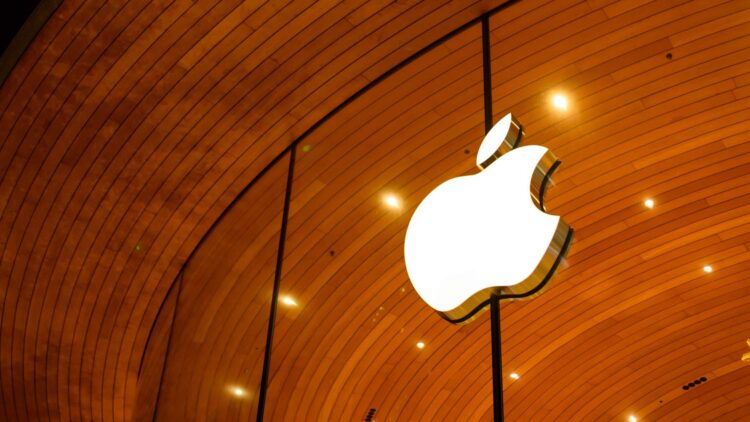Trump’s tariffs continue to disturb de order of operations of many businesses and most of them have not been implemented just yet. One of the American companies that would be affected the most should they were implemented and is taking steps to ensure that they could at least be able to delay the impact while they negotiate is Apple, who seems to have airlifted an enormous amount of stock ahead of the implementation of the tariffs to try to avoid them.
Most companies produce at least some of their goods abroad, but while automakers (for example) have some production facilities in the US and could potentially look into producing some of their more popular models in country, tech companies like Apple have no infrastructure whatsoever in the US and moving their factories would be entirely unfeasible.
Apple’s attempts to skirt the new Trump tariffs
Since most of their products are produced scattered between a myriad of Asian countries, it is not a surprise that Apple tried to come up with a plan to at least try to re stock their inventory before they had to increase pricing to most of their products. According to a report published by The Times of India, country officials confirmed that Apple transported five planes full of Apple products into the US.
This was apparently made as a direct result of the tariffs that were meant to go into effect on Wednesday, April 9, at 12:01 a.m. Although the tariffs on India are not going to be as high as those imposed on China, the extra 10% will still hurt the company’s bottom line should they try to absorb the cost or upset the public if the prices increase to accommodate the new cost.
As The Times of India reported “Apple transported five planes full of iPhones and other products from India to the US in just three days during the final week of March, a senior Indian officials confirmed to The Times of India. The urgent shipments were made to avoid a new 10% reciprocal tariff imposed by US President Donald Trump’s administration that took effect on April 5. Sources said that Apple currently has no plans to increase retail prices in India or other markets despite the tariffs.”
Depending on your perspective, five planes full of cargo is not that much stock, after all, boats make the transatlantic journey every day with a lot more cargo, but it is still a substantial amount of products that will have been transported in order to avoid the price increase. Since the aim is to reduce the impact of the tariffs and potentially buy more time in case they are implemented and no other trade deal con be negotiated between the federal government and Apple, these products will be distributed amongst stores and customers presumably at the regular price.
Should the tariffs become a lasting fixture under the current administration, Apple may accelerate its shift in manufacturing to India. According to The Times of India, the country presents a more favorable trade environment due to its lower tariff rates compared to China, where Apple still conducts a large portion of its production.
The article by The Times of India continues “Currently focused on iPhone and AirPod production in India, Apple essentially stands to benefit from a tariff advantage, with Indian exports facing a 26% reciprocal tariff to the US compared to the 54% levied on Chinese goods. This substantial 28-percentage-point difference creates compelling economic incentives for Apple to accelerate its manufacturing transition to India. The company already accounts for most of India’s nearly $9 billion in smartphone exports to the US, though production shifts will likely depend on final US tariff terms with various countries”.

